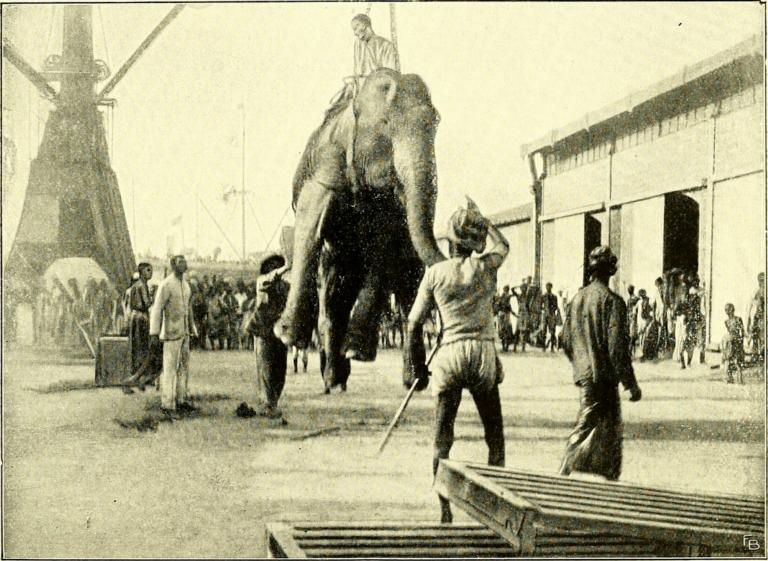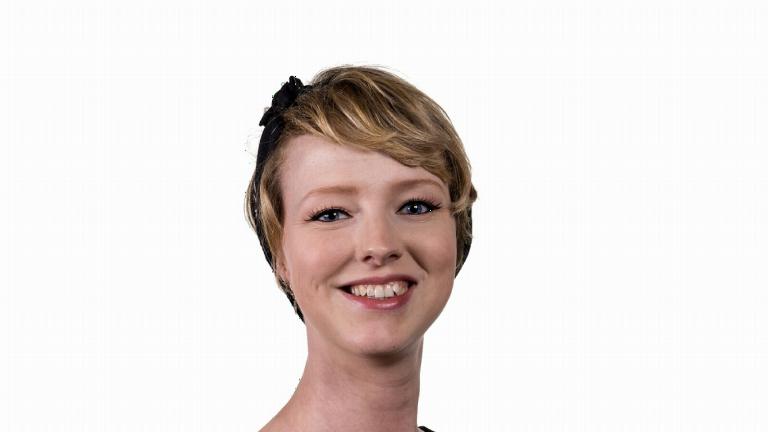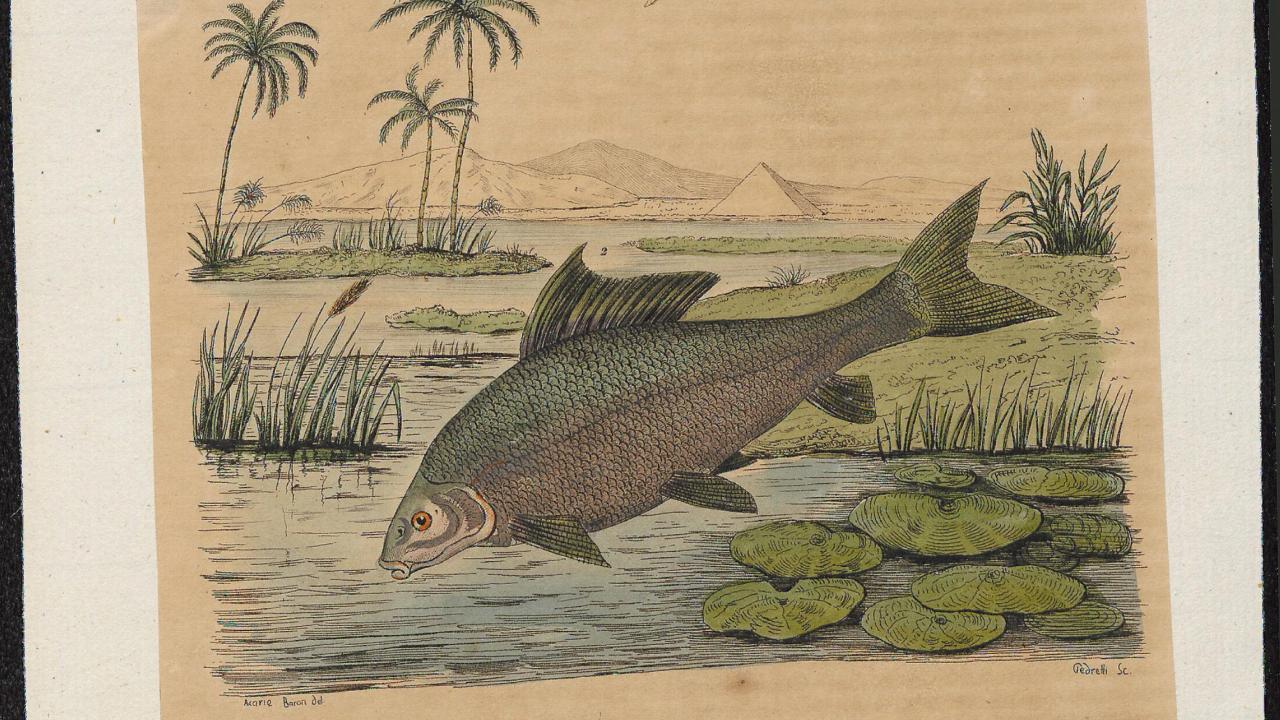
On Friday February 2nd, Naturalis will have an evening about animals in motion. Moving Animals is festival about history and biology, with music, film, presentations and more.
Order your tickets here
Animals and history
Animals have history, and the University of Maastricht has a research line focusing on the history of moving animals. Moved by humans, admired while moving themselves, welcomed as exotic novelties or attacked as invasive newcomers. This evening, the Maastricht historians and the Naturalis biologists will build bridges between their work. There'll be workshops, presentations and lectures, but there will also be music and time for drinks or a visit to the museum galleries. (Picture: Antwerpen Zoo)

The programfor the evening
Naturalis and Maastricht University bring you a pleasant and educational evening (19:00-22:00) about the history of animals. See our beautiful Atrium in the dark, visit lectures and performances, or just our museum. Due to the more in-depth nature of the evening, the minimum age for the evening is 16 years. Note that only part of the program is in English.
Lecture: dieren hebben geschiedenis
Prof. Dr. Raf de Bont (UM). Auditorium: 19:15. In Dutch only.
De meeste geschiedenisboeken gaan over mensen. Als wilde dieren er al in opduiken, lijken ze te behoren tot een eeuwige, onveranderlijke natuur. Daar gaat deze lezing tegen in. Dieren ondergaan de invloed van de tijd waarin ze leven, en geven die mee vorm. Een verhaal over tegendraadse ooievaars, vliegende neushoorns, creatieve eksters en cocaïne-nijlpaarden.

Screening AnimalsMyths in Early Wildlife Films
Vanessa Bateman (UM) in LiveScience, at 20:00, and 20:30h.
With action-packed scenes of great migrations and predator versus prey, wildlife documentaries have been a favourite film genre for over a century. In their early days, some films favoured entertainment over education, staging scenes to create storylines. This short presentation will debunk the “lemming myth” that has continued since Disney’s film White Wilderness (1958) and how films in the past and present have the power to impact our understanding of nature.


Workshop:The history of the hamster (and the Dutch)
Raf de Bont (UM) in the Atelier, 20.00 (English) and 20.30 (Dutch)
The European hamster is one of the rarest species in the Netherlands. In 1999 there were 15 left in Limburg, but an attempt was made to save them. The history of the hamster and the Dutch, however, goes back many centuries, and has some unexpected twists. In this interactive workshop we'll study that history, you'll find out why it was named "the most expensive snack in the Netherlands", and there is a beer named "korenwolf".


Workshops: exotic animalsfrom welcome to invasive
Workplace Now 19:30, 20:00 (Dutch only)
Historian Vincent Bijman studies the history of non-native animals. Many of the problems they cause, exist because they were introduced in order to create some other problem. In this session, he will speak together with Manon de Visser, an expert on invasive animals from Naturalis and Leiden University. What can they learn from each other?


Bringing backthe beasts
The Stands: 19:45 and 20:30h.
The takahe, the European bison and the Przewalski horse are all examples of species that were saved from the brink of extinction and brought back to the wild. Why do we try to bring them back? Historian Monica Vasile talks about reintroductions using using archival research and video material.
Bart Braun from Naturalis talks about experiments that take this idea one step further: bringing back extinct species.


Biology on Tap presents:Moving Animals Pubquiz
Auditorium: 20:00 - 20:20. Bilingual.
Every month, the town of Leiden has a Biology on Tap: an evening with drinks, talks about biology and a special biology pubquiz hosted by Naturalis researcher Jeremy Miller. This evening, Jeremy will host a special bilingual pub quiz with questions from both the field of biology and of animal history.
The next edition of Biology on Tap is on Monday february 5. Check out their Facebook or Instagram.


Livepreparation
Live Science, ongoing between 19:00 and 21:00h. Both Dutch and English are spoken.
Naturalis has one of the largest collections of preserved animals in the world. But before an animal is ready to be stored for scientific research, there's still a lot of work that needs to be done. At Naturalis, this is the responsibility of Becky Desjardins and her team. During the evening, she will prepare an animal, and tell you everything about her work. Ask her anything, and see animals in a new light.

Dinolab
LiveScience. 18:30-21:30
In the middle of Naturalis you can see something that normally is hidden behind the scenes: here our Dinolab works on real dinosaur bones. During the Moving Animals festival, our experts work on the fossils that they dug up themselves. The end result of this work will be shown in October, but you can ask them anything about their work and their finds now.

Interview: Tijs Goldschmidt
Auditorium: 21:30 (Dutch)
Tijs Goldschmidt slaat moeiteloos bruggen tussen natuur en cultuur, wat hem de perfecte afsluiter maakt voor de Moving Animals-avond. Als jonge wetenschapper reisde hij naar het Victoriameer, waar hij leerde over de nijlbaars, een exoot die een lokale ecologische catastrofe veroorzaakte. Sindsdien schreef hij veelvuldig over andere migrerende soorten, zoals de wolf en de Turkse tortel. In de afsluitende sessie van de avond zal Moving Animals-onderzoeker Vincent Bijman in gesprek gaan met Goldschmidt over de betekenis van dieren die onze grenzen overschrijden.


The program above is the definite version. Paper versions of it can be found throughout the museum during the evening.
If you have any questions, you can conctact us directly through communicatie@naturalis.nl.
Or just order your tickets here
